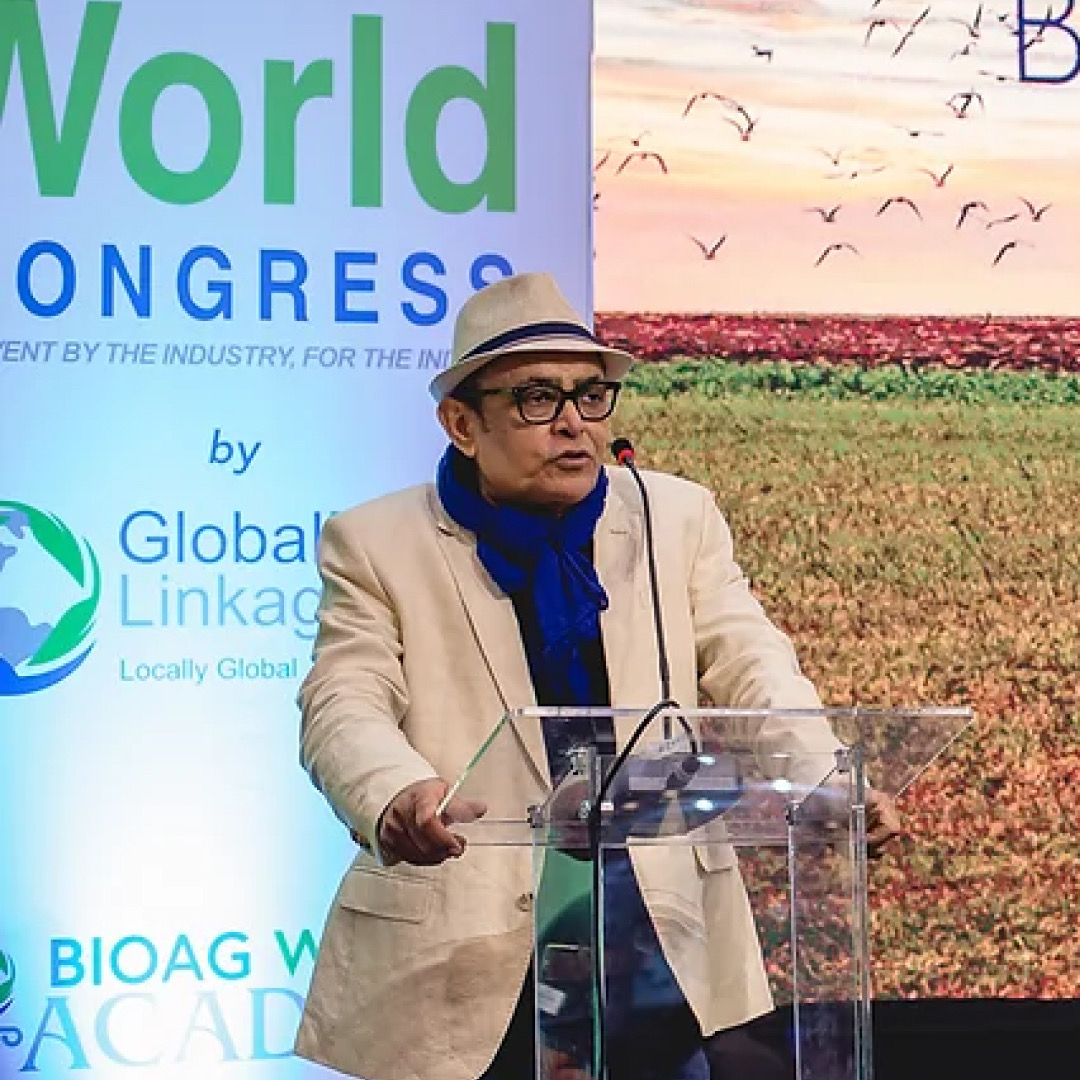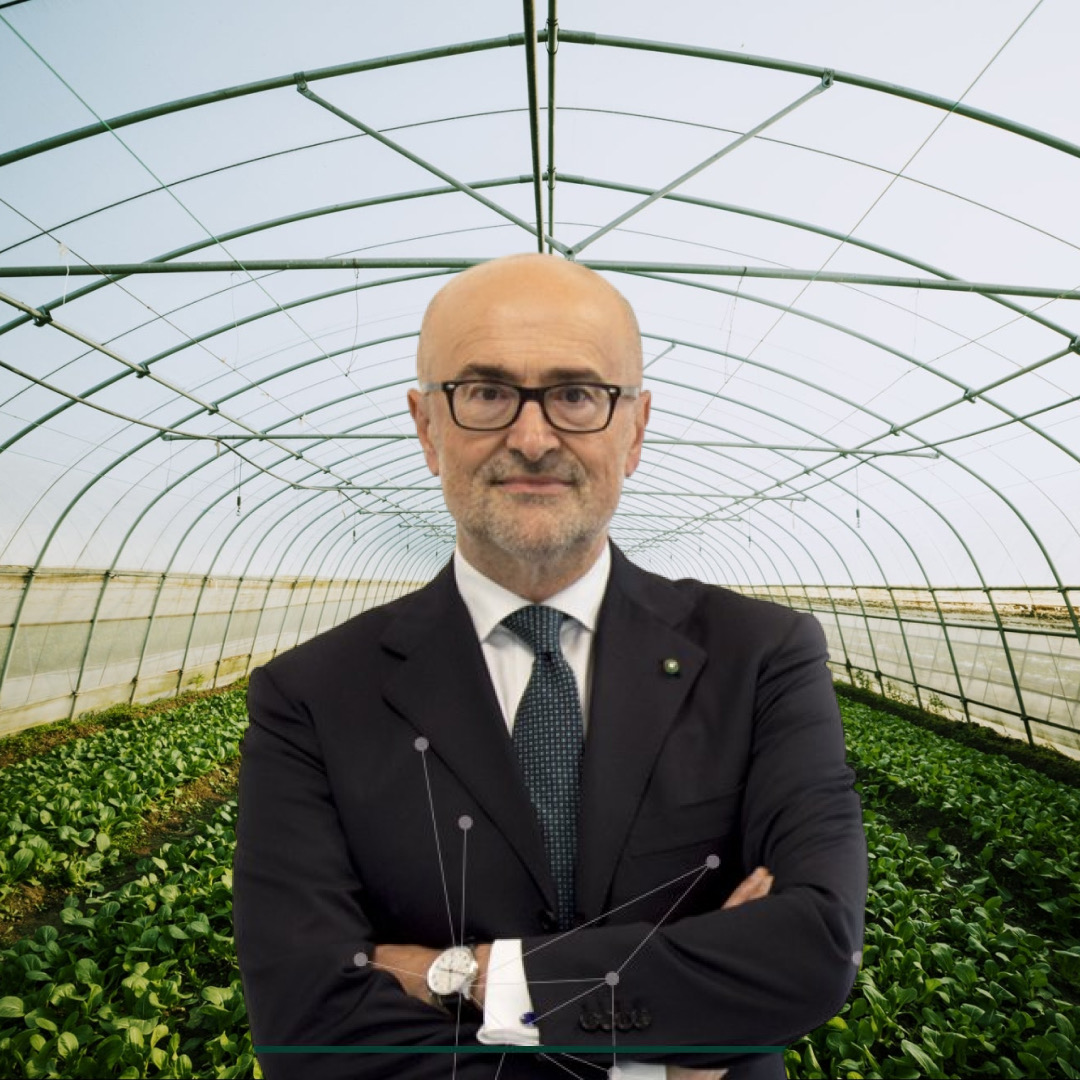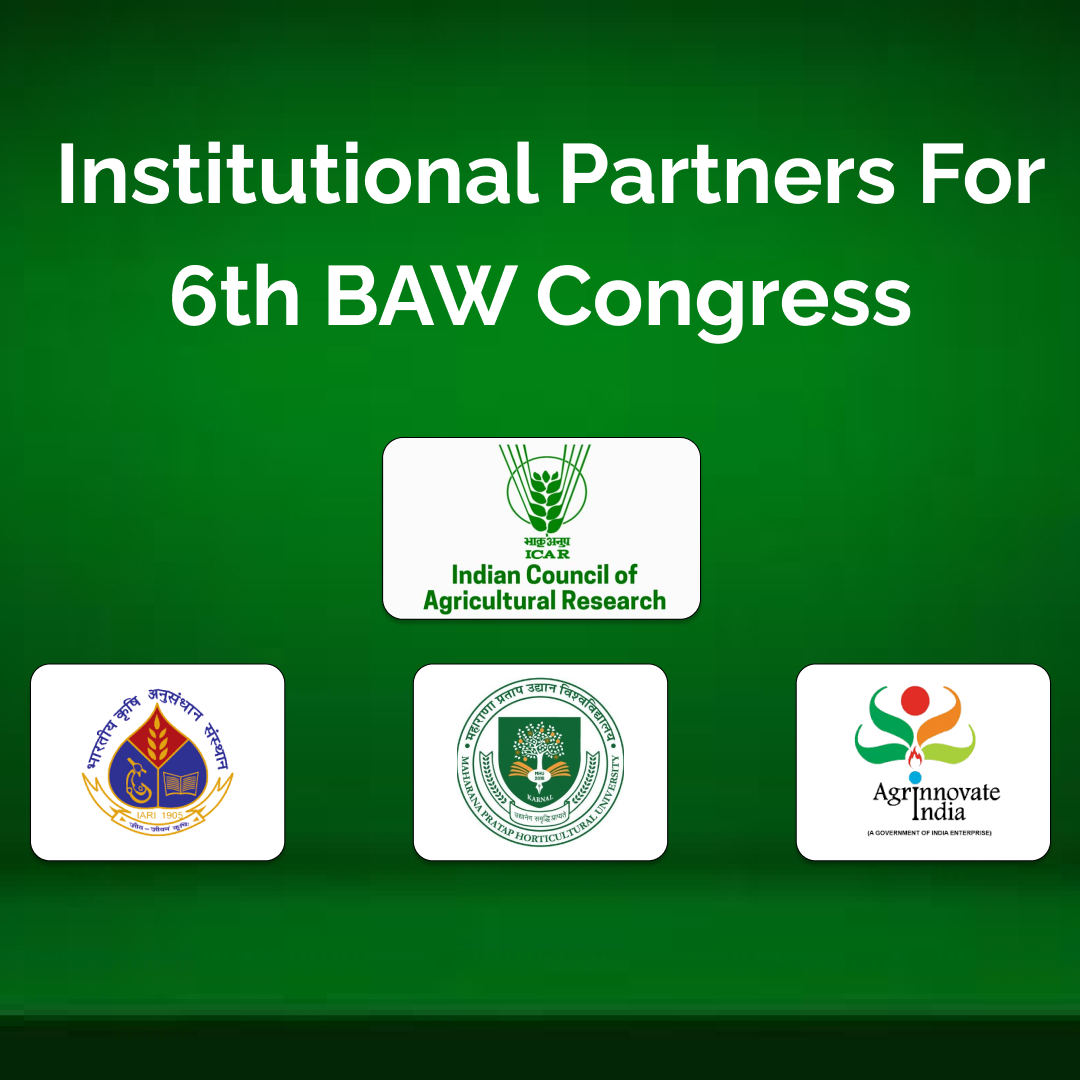
In a decisive move to strengthen global agribusiness, the World Bank Group has announced a strategic pivot aimed at creating a comprehensive ecosystem for the industry. This initiative is driven by four key trends reshaping the agribusiness landscape: climate change, innovations in finance, digitalization, and solutions to fragmentation. In response to the increasing demand for food, projected to rise by 60% in the coming decades, and the critical need for job creation in emerging markets, the World Bank Group plans to double its financial commitment to agribusiness, increasing investments to $9 billion annually by 2030.
Addressing Climate Change and Food Security
Climate change poses significant challenges to agriculture, affecting crop yields and threatening food security worldwide. The World Bank Group’s increased investment aims to support climate-resilient agricultural practices, ensuring that food production systems can withstand environmental stresses. By promoting sustainable farming techniques and investing in infrastructure that mitigates climate risks, the organization seeksw to safeguard food supplies for future generations.
Leveraging Financial Innovations
Innovations in finance are crucial for modernizing agribusiness. The World Bank Group plans to utilize de-risking tools such as credit guarantees, first-loss facilities, and insurance instruments to make lending safer and more commercially viable, thereby attracting private capital into the sector. This approach aims to create a more robust financial environment that supports farmers and agribusinesses in accessing the resources they need to thrive.
Embracing Digitalization
Digital technologies are transforming agriculture by improving efficiency and productivity. The World Bank Group’s strategy includes investing in digital solutions that facilitate the aggregation of farming businesses and connect them to buyers and financial service providers. Advancements in digitalization also make it easier to aggregate farming businesses and connect them to buyers and financial service providers.
REUTERS
Tackling Fragmentation
Fragmentation in agribusiness can hinder growth and innovation. By fostering a comprehensive ecosystem, the World Bank Group aims to integrate various stakeholders, from smallholder farmers to large agribusiness firms, creating synergies that enhance productivity and market access. This holistic approach is expected to streamline operations and reduce inefficiencies within the sector.
Global Implications
The World Bank Group’s strategic pivot is poised to have far-reaching impacts on global food systems. By doubling its financial commitment to agribusiness, the organization is not only addressing immediate challenges but also laying the groundwork for sustainable and inclusive agricultural development. This initiative aligns with global efforts to transform agriculture and food systems to be more sustainable and inclusive.
WORLD BANK
In conclusion, the World Bank Group’s enhanced focus on agribusiness reflects a comprehensive strategy to tackle the multifaceted challenges facing global agriculture. Through increased investment and a holistic approach, the organization aims to build a resilient and sustainable food system capable of meeting the demands of a growing global population.
Source –Worldbank







Leave a Reply